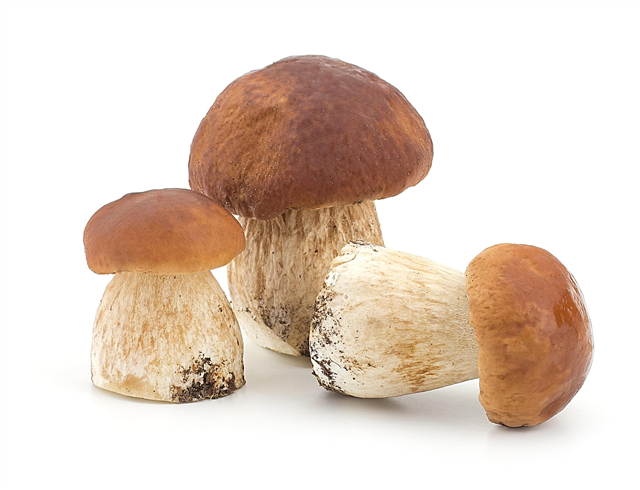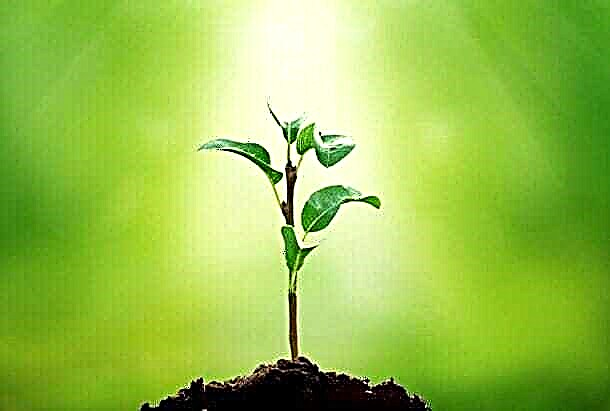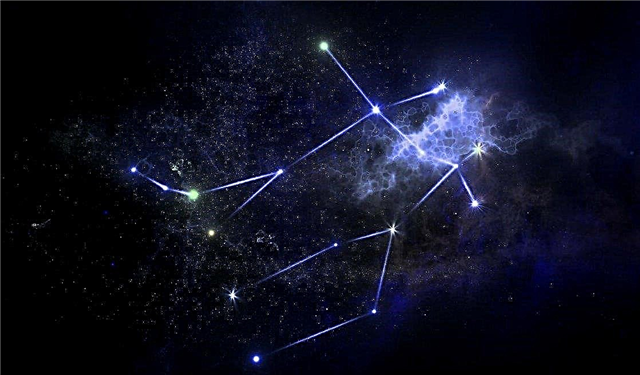
Many people noticed that after eating something sweet or salty, they can drink in gulp at least a whole tank of water. Having bought a chocolate bar, a bag of chips or a sweet cake, you should immediately think about thirst and buy a drink, or at least get a glass of water.
Why does the body react in this way? Why is it necessary to drink sweet or salty? In the human body, as in nature as a whole, there is nothing accidental. And this physiological reaction also turns out to be quite natural.
Water, salt and sugar
To clarify the truth, it is first worthwhile to see how various products of biological origin react to sugar or salt. It’s not difficult to experiment. Perhaps you are unknowingly doing such experiments regularly, right in the kitchen, while cooking.
So, if you chop the meat and salt it, liquid will soon stand out - the so-called meat juice. If you add fresh mushrooms or any vegetables, the same thing will happen. When pouring food with sugar, you can see a similar phenomenon - the juice will be given by sugared berries, fruits. That is, salt or sugar literally draws fluid from the cells, and the name given to the force that provides this process is even given. This is osmotic pressure, which is observed everywhere, where it comes to the contact of a more concentrated solution with an analog of a lower concentration.
What is going on in the human body?
Both sugar and salt are absorbed instantly; their body does not need to digest it. They enter the bloodstream very quickly, and in this way a difference is created between the intracellular rate and the amount of sugar or salt that is in the bloodstream. This situation forms the osmotic pressure, due to which the fluid begins to leave the cells.
This process does not benefit the body, therefore it must be stopped as soon as possible. The only way to quickly stop is to dilute the blood plasma with an additional portion of the liquid, which will create the necessary result until the excess salt is removed and the sugar is processed.
The body immediately responds to such things, since it has specialized osmotic pressure receptors that immediately transmit the corresponding signals to the brain if the processes begin to go wrong.
When they are triggered, a person feels an attack of thirst, and in a hurry to satisfy her. After drinking a portion of water or another drink, it creates the conditions for the normalization of the body. Sometimes thirst torments for a long time, and a person has to drink several servings of liquid to normalize the osmotic pressure.
But osmotic receptors are at the forefront of protection. A similar mechanism is also in the pancreas, duodenum. These organs respond to the presence of salt or sugar, their concentration in food, and, if necessary, can release hormones amylin and calcitonin.They can act preliminarily, even before the corresponding substances enter the bloodstream. And if thirst is caused by them, then the body acts in anticipation. That is, a feeling of thirst will come even earlier than the moment when the pressure difference begins to form.
How much should one drink to quench thirst?
Thirst after eating a salty or sweet dish may seem immense. If you ate something salty, it would be better to drink plain boiled water. You should not drink the mineral water, because it often contains various minerals, and in particular, salt - sodium and chlorine, and therefore it can also be considered salty. That is, she will satisfy thirst only temporarily, because the cause of her appearance will not be solved. Mineral water and other drinks with salt elements are well suited for quenching thirst in the heat when a person sweats and loses trace elements with sweat. Also, this approach helps with food, alcohol poisoning.
Having eaten sweets, it makes sense to quench your thirst with plain boiled water or tea without sugar, or with its minimum amount.
Thus, the thirst after sweets or salty foods causes osmotic pressure, or rather, those receptors of the body that are responsible for recognizing it and predicting situations when it can occur. The intake of water in the body restores balance and eliminates the drawing of fluid from the cells.












